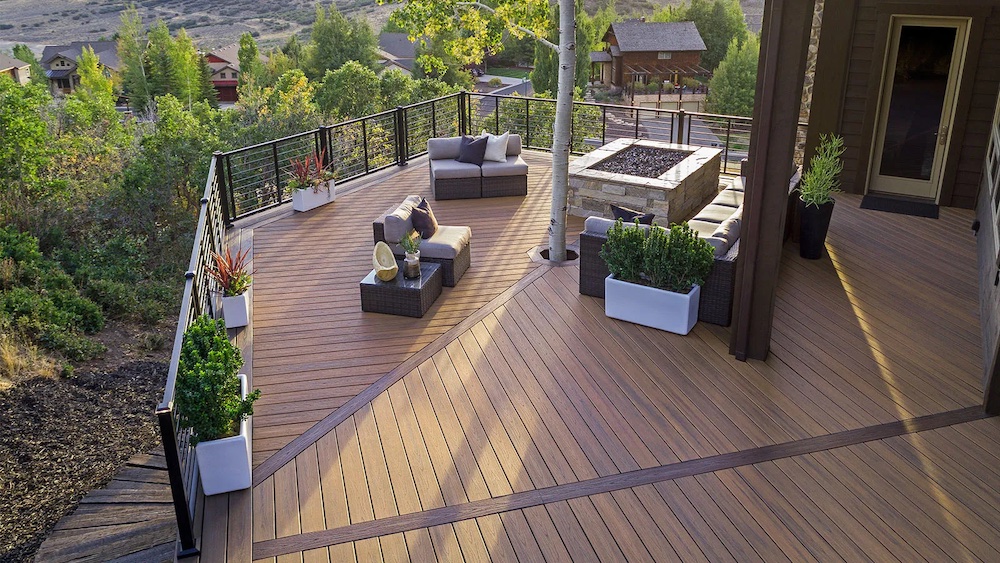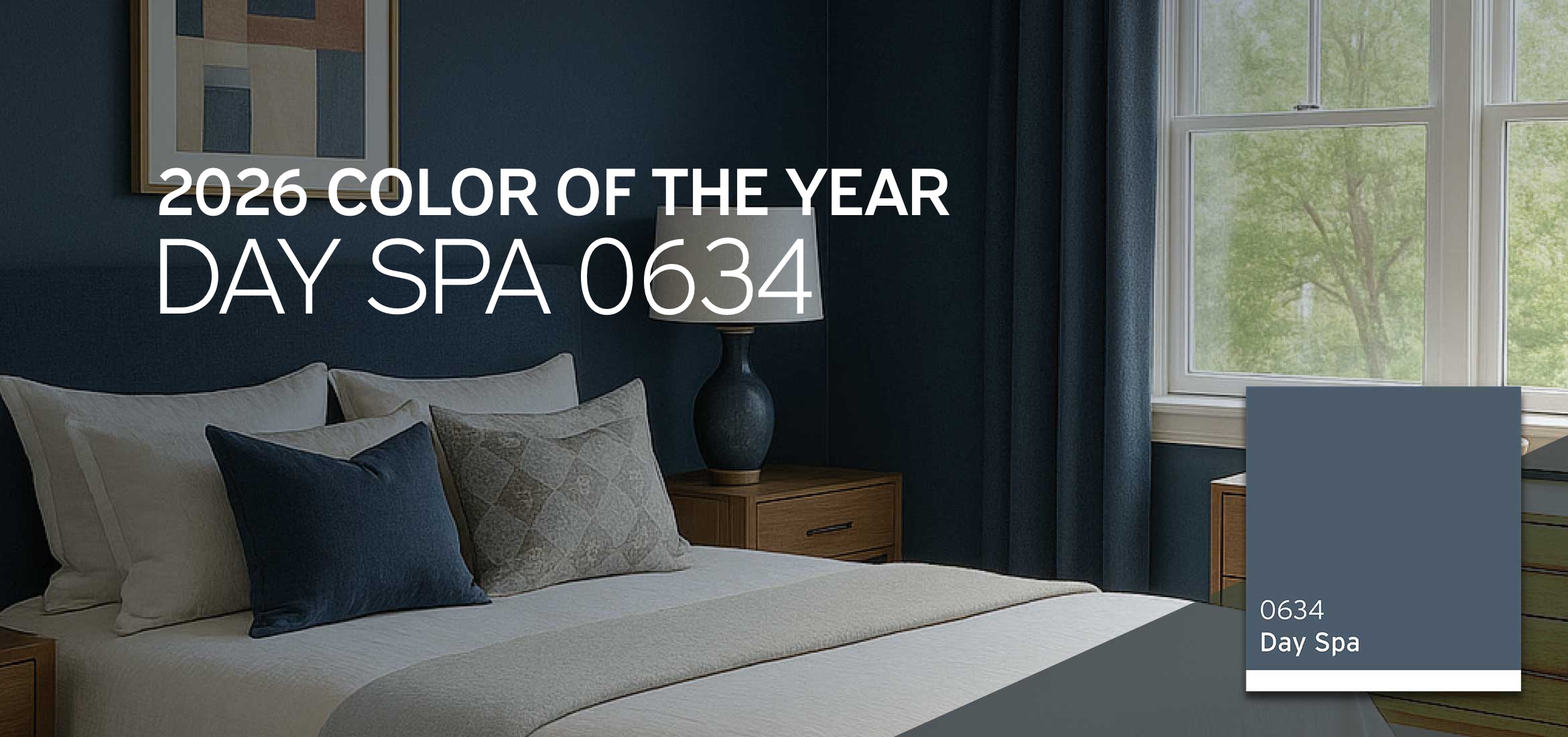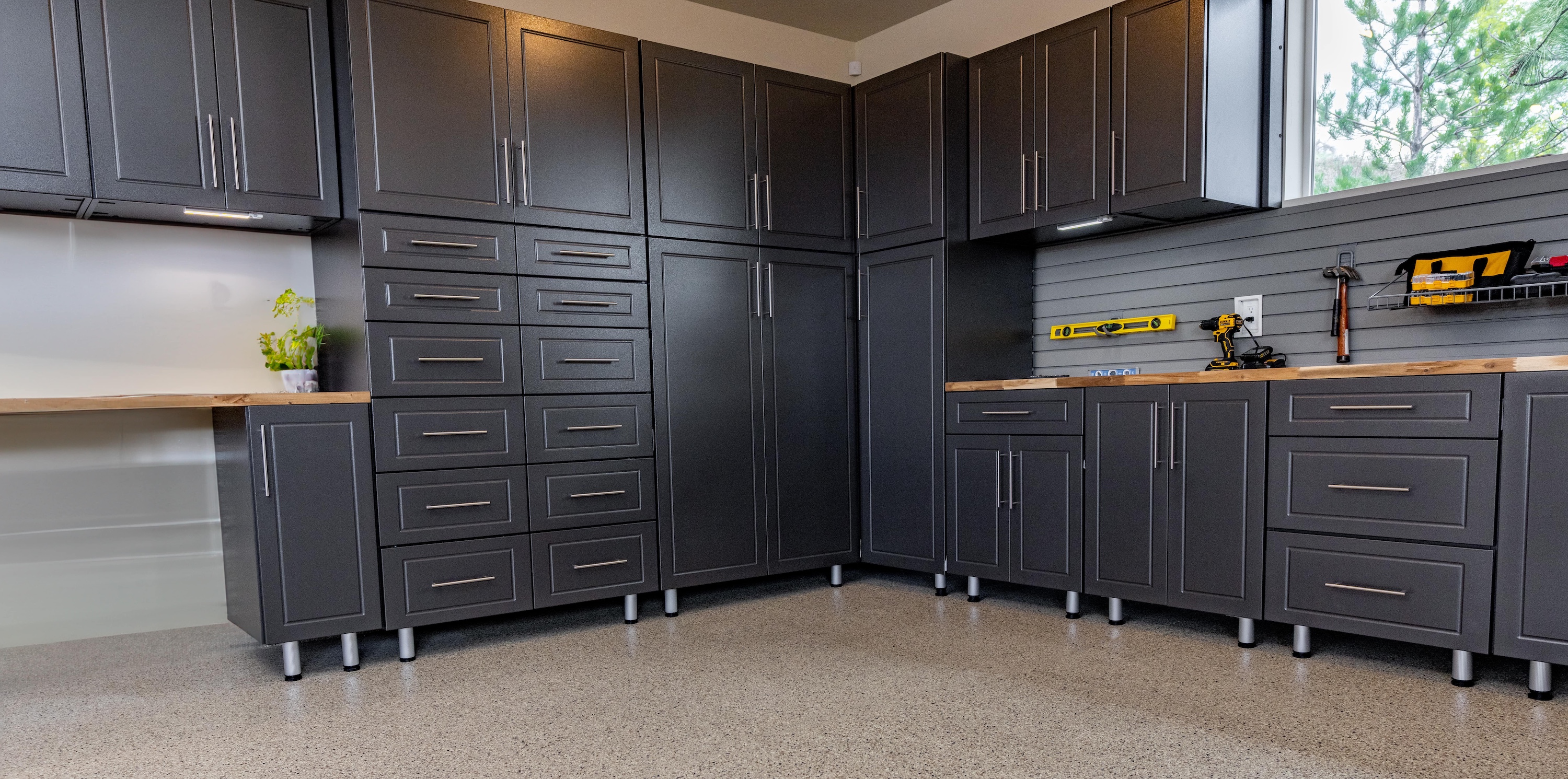What is Epoxy? [Photos, Downloadable Guide & Infographic]
![What is Epoxy? [Photos, Downloadable Guide & Infographic]](https://cdn.prod.website-files.com/65c13af537ad278339381199/65c13af537ad27833938194f_what_is_epoxy.jpg)
What Is Epoxy?
When polyepoxide resin and polyamine hardener are chemically mixed, epoxy coatings are formed. This chemical reaction can take several minutes or hours, resulting in a process called "curing," where the liquid epoxy coating is transformed into an extremely strong and durable solid.
Because of their ability to create a chemically resistant and durable substance, epoxy coatings are commonly used in a variety of places and ways, including the electrical and automotive industries, industrial manufacturing facilities, commercial and retail stores, warehouses, hospitals, showrooms, garages, aircraft hangars, composite materials such as carbon fiber and fiberglass, and more.

Epoxy as a Popular Floor Coating
A good number of properties have helped epoxy floor coatings gain in status and popularity. Let us take a look at some of them.
- An affordable flooring option: Unlike other options like hardwood, tile, or vinyl, epoxy is a more economical option. Since it does not require a complete overhaul to install and can be applied directly to existing concrete, wood, or steel, it's relatively inexpensive.
- Available in various colors and finishes: Regardless of your project, you will likely find the right epoxy paint for your needs, as it's available in several color options and is known for its exceptional, attractive appearance. In addition, several types of epoxy coatings can be used on floors, such as self-leveling, self-dispersing, mortar, gravel, and more. You can also create a concrete look or sprinkle the floor with flakes.
- Protection of raw concrete: When epoxy is applied properly to concrete, the concrete is protected from harmful substances such as moisture, stains, grease, and chemicals. As such, it will last longer as it will not be easily damaged, cracked, or fall apart.
- Finished Appearance: Epoxy coatings and floor paints provide a beautiful, high-gloss finish in various colors and designs, transforming and improving the appearance of various surfaces.
Despite these features, there are many ways that epoxy floor coatings can fail.
What Are The Disadvantages of Epoxy Floor Coatings?
Epoxy floor coatings have several other disadvantages that you should consider when deciding on the most appropriate flooring option for your home. Some of them include:

- Weak Adhesion: Epoxy only forms a surface bond with your concrete, making it prone to cracking, peeling, and chipping. Depending on how much use your coated floors get, wear and tear can lead to excessive peeling or cracking of the coating, especially where heat and pressure are concerned. This will result in your flooring needing to be replaced as items like wheeled storage carts or racks in a garage can begin to catch on the damaged epoxy coating.
- Poor Flexibility: Epoxy never fully cures. It perpetually hardens, and the coating becomes increasingly brittle over time. This results in increased failure over the lifetime of the coating. With extreme temperature changes in the days/nights, epoxy is unable to flex with the expanding and contracting of the concrete.
- Fading: Epoxy is not UV stable. As a result, your floor will not retain the color that it has when installed. Over time, the color of your floor will fade with exposure to sunlight.
- Hot Tire Pick-up: In extreme temperatures, epoxy softens. If you park your car on your floor during a hot day, the combination of weight and heat can cause some of the epoxy to peel up with your tires when you leave. Hot-tire pickup is a massive cause for failure with epoxy.
- Slippery: Oil and water cause epoxy to become extremely slippery and potentially dangerous. This vulnerability makes an epoxy coating less than ideal for use in a garage or pool deck area.
- Slow Installation: Epoxy can take several days to cure and must dry completely if multiple coats are desired for more strength. It also emits strong fumes during the curing process, so areas that need to dry must be well-ventilated.
- Weather Sensitivity: These coatings require a low humidity application to properly adhere and do not do well when frequently exposed to UV rays or moisture. Epoxy coatings will not fare well when applied to basement flooring or outdoor use areas.

When choosing the best flooring for your home, you should look for something that is not only beautiful but also good quality and durable. Since epoxy floor coatings can wear down over time, they may not be the best choice for flooring.
More on Epoxy Floor Coatings
Polyurea vs. Epoxy
In the comparison of polyurea vs epoxy, polyurea comes out on top for a number of reasons. Webfoot explores the benefits of polyurea in comparison to epoxy coatings.
How to Epoxy a Garage Floor
This is how to epoxy your garage floor, including prep, supplies, and the step-by-step process for using a DIY epoxy kit.
3 DIY Options for Removing an Epoxy Floor
If you have failing epoxy, here are three options for removing an epoxy coating from concrete.





